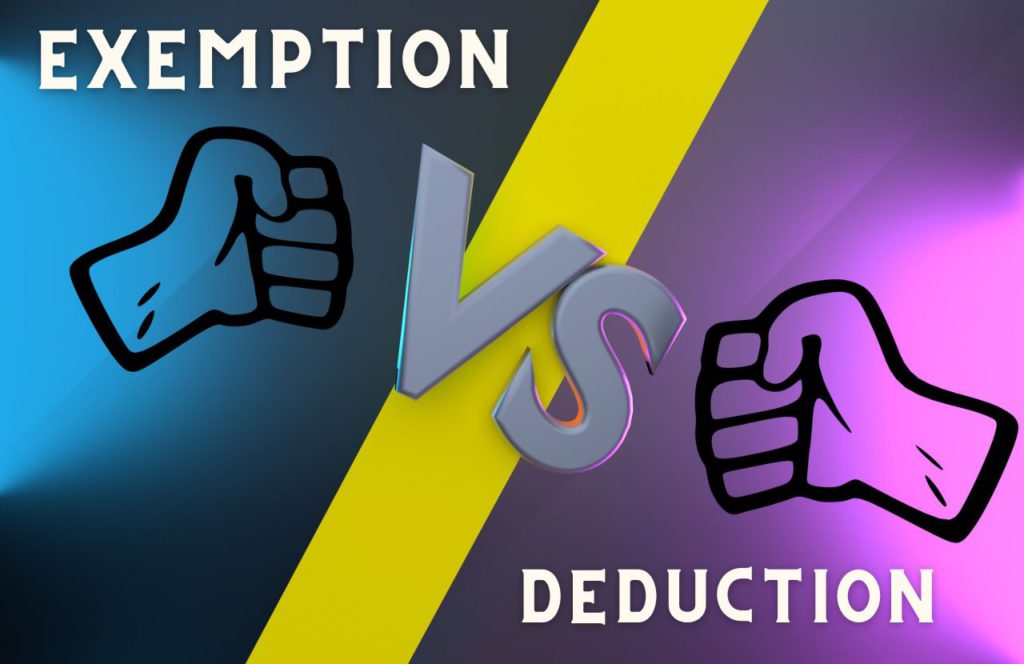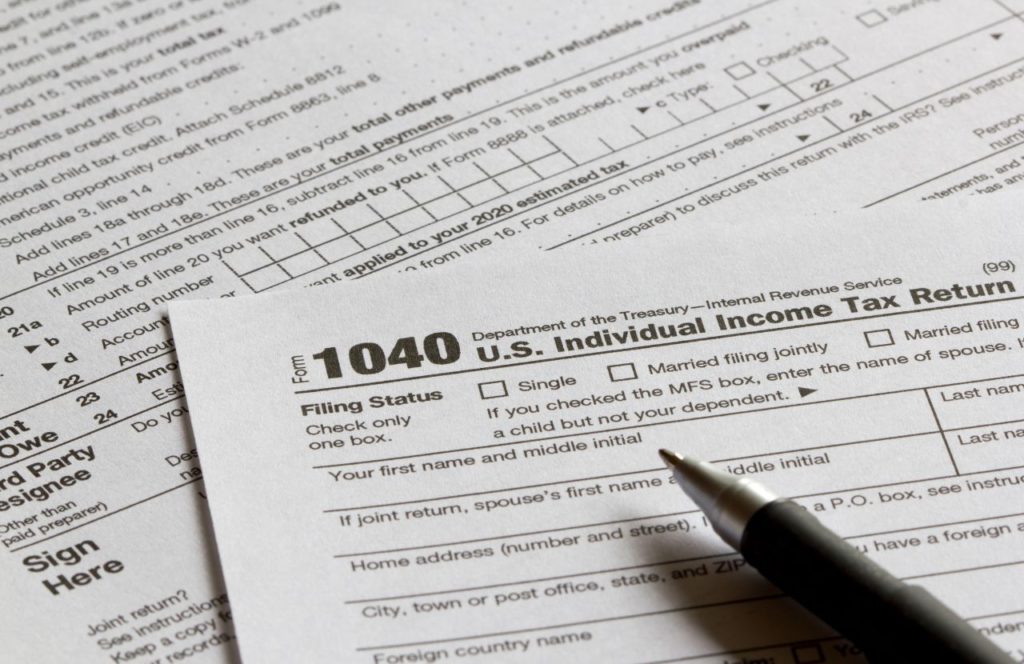Car accident settlements can be complex, and one of the questions that often arises is whether the compensation received is taxable.
Whether the money received from a car accident settlement is subject to tax depends on the specific components of the settlement, as the tax implications differ based on the type of damages awarded.
THIS POST MAY CONTAIN AFFILIATE LINKS. PLEASE READ MY DISCLOSURE FOR MORE INFO. Which means if you click on any of the links, I’ll receive a small commission at no additional cost to you.
Understanding the various components of a car accident settlement is crucial for determining tax liability.
Generally, compensation for medical expenses, property damage, and pain and suffering is not considered taxable income. However, there are certain categories of damages that are taxable, like lost wages and long-term lost income.
Understanding Car Accident Settlements

When it comes to car accident settlements, there are several factors that come into play when determining the compensations and taxes involved. As a knowledgeable individual in this field, I can share some key points to help you understand how settlements work and whether they are taxable.
Car accident settlements are agreements reached between the parties involved in an accident, where the party at fault agrees to compensate the injured party for their damages.
This compensation may include medical expenses, property damage, lost wages, and pain and suffering. The settlement is often reached through negotiation between the injured party, their attorney, and the insurance company of the defendant.
In many cases, car accident settlements are not taxable. Compensation received for medical expenses, property damage, and pain and suffering are generally tax-exempt. According to the Internal Revenue Service (IRS), compensation for these damages is not considered income and therefore not subject to taxation.
However, there are certain aspects of settlements that can be taxed. If the compensation received includes lost wages or lost long-term income, these amounts may be taxable. This is because the IRS considers lost wages and income as taxable income. It is important to keep this in mind when negotiating a settlement, as it can impact the overall amount you receive.
Is Car Accident Settlement Taxable?
When it comes to car accident settlements, I often find myself wondering about the tax implications. The taxability of a car accident settlement primarily depends on the type of loss being compensated.

Generally, reimbursements for medical expenses, property damage, and pain and suffering are not considered taxable income. However, some categories of damages, such as lost wages and lost long-term income, are treated as taxable income by the Internal Revenue Service (IRS).
As a result, it’s important to understand the tax rules surrounding car accident settlements to avoid any surprises come tax time. When dealing with lost wages and lost long-term income, the IRS views these proceeds as income and thus they are subject to tax laws. This means, if you receive a settlement for lost income, you’re required to report it as part of your annual income.
On the other hand, non-taxable car insurance settlements usually cover costs like medical expenses and property damage. These expenses are aimed at making the individual “whole” again, meaning they return the person to their financial state prior to the accident. Because of this purpose, the IRS does not tax these types of settlements.
Taxation on Different Types of Damages
As someone who understands the intricacies of taxation related to car accident settlements, I’d like to discuss how the IRS treats different types of damages.
In general, car accident settlements covering medical expenses, property damage, and pain and suffering are not considered taxable income. For example, if you receive a settlement to cover the costs of treating physical injuries, these amounts won’t be taxed by the IRS.

Similarly, compensation for pain and suffering related to physical injuries is not subject to taxation. This is because the IRS recognizes that you endure emotional and physical distress as a result of car accidents and doesn’t consider them a source of income.
However, there are some cases where car accident settlements may become taxable. If you receive damages specifically meant to compensate for lost wages or lost long-term income, the IRS may treat these amounts as taxable income. This is because they represent a replacement for your regular income that would have been subject to taxes.
As for punitive damages, they are designed to punish the wrongdoer and deter similar conduct in the future. Since punitive damages are not directly related to compensating for a physical injury, the IRS typically considers them taxable income.
Regarding emotional distress damages unrelated to physical injuries, they are considered taxable in certain situations. For instance, if you receive a settlement to compensate for emotional distress resulting from a car accident, but this distress is not caused by any physical injuries, the amount may be subject to taxation.
Taxable and Non-Taxable Settlement Components
When it comes to car accident settlements, there are various components that can be taxable or non-taxable based on their nature. Let me help clarify this for you using some examples.
Firstly, compensatory damages for medical expenses incurred due to the accident are generally non-taxable. According to the IRS, if the settlement is for personal physical injuries or physical sickness and you did not take an itemized deduction for medical expenses related to the injury in previous years, the entire amount is non-taxable and should not be included in your income.

Property damage reimbursements, such as the money received to repair or replace your damaged car, are also non-taxable. As The Balance explains, if you receive $14,500 for your totaled $15,000 car, for example, the amount would not be taxable, as it is compensation for your property loss.
However, there are situations when a car accident settlement becomes taxable. For instance, lost wages and lost long-term income are considered to be taxable income. These components are subject to tax because they replace the income you would have otherwise earned through employment or business activities.
Additionally, interest awarded on the settlement amount is also taxable. The interest can accrue from the date the accident occurred until the final settlement is reached. This interest is viewed as income by the IRS and must be reported on your tax filing.
When it comes to awards or punitive damages, these are generally taxable as well. Punitive damages are awarded to punish the defendant for their actions and serve as a deterrent for similar behavior. As Insurance.com states, knowing which parts of a car accident insurance settlement are taxable and non-taxable is critical when filing your taxes.
Tax Exemptions and Deductions
When it comes to car accident settlements and taxes, there are a few exemptions and deductions that can greatly impact how your settlement is taxed. First and foremost, tax exemptions are a monetary amount given to reduce your taxable income, whereas tax deductions lower your overall taxable income in a specific way. It’s important to understand the difference between exemptions and deductions to properly manage your tax return.

In most cases, car accident settlements are exempt from taxes if the reimbursement is for medical expenses, property damage, and pain and suffering, such as receiving money to replace your damaged car. As long as the amount received isn’t considered income or profit, it typically isn’t subject to taxes.
However, there might be situations where parts of your settlement are tax deductible. If the aspect of your settlement reflects lost wages or future earnings, this portion would be considered taxable income. I advise checking the IRS Publication 4345 for more details on taxable settlement scenarios.
When you’re ready to file your tax return, you must determine your adjusted gross income (AGI). Calculating your AGI is crucial as it indicates the overall income used to identify your eligibility for deductions and credits. Therefore, it’s necessary to identify the taxable portion of your settlement to accurately calculate your AGI.

With this knowledge, you can confidently manage your tax return while understanding which portions of your car accident settlement may be exempt or tax deductible. This information can guide you in making informed decisions and ensuring a smooth tax filing experience.
Impact of Settlement on Social Security and Medicare
As someone who has experienced a car accident and received a settlement, I understand that there may be concerns regarding how this settlement can impact Social Security and Medicare. It is important for me to distinguish between taxable and non-taxable settlements and how they can affect these benefits.
First, the good news is that most car insurance settlements are not taxable. Consequently, non-taxable settlements generally do not have an impact on Social Security and Medicare.
The IRS typically classifies settlements as non-taxable when they are received for personal physical injuries or physical sickness without itemized deductions in prior years for medical expenses.
However, in certain situations, a car accident settlement might be considered taxable. If the settlement is classified as income by the IRS, it could affect my Social Security and Medicare benefits.

For instance, if I receive a portion of the settlement for lost wages, this part may be deemed taxable and could influence my eligibility or the amount of benefits I receive from Social Security and Medicare. If my annual income increases due to a taxable settlement, my Medicare premiums might also be impacted.
Furthermore, it’s crucial for me to consider any applicable state laws, as they may have unique provisions regarding taxation and the impact of settlements on public benefits.
Therefore, I would advise consulting with a tax professional or attorney in my area to obtain the most accurate information about the potential effects of a car accident settlement on my Social Security and Medicare benefits.
Structured Settlement and Taxation
I’ve always found it helpful to understand how structured settlements and their taxation work, especially when it comes to car accident settlements.
In many cases, car accident victims receive their settlement in a structured way, as annuity payments over time, rather than a lump-sum payment. This can provide financial stability for the injured person while minimizing their tax burden.
One reason why structured settlement payments are generally non-taxable is because they derive from personal injury settlements. As the Internal Revenue Service specifies, property settlements for loss in value of property that are less than the adjusted basis of your property are not taxable.

Similarly, Forbes confirms that personal injury settlements are usually not taxable on the federal level. However, state-level taxes may apply, so always check your local tax guidelines.
There are some exceptions to this general rule. The Balance mentions that emotional distress settlements, i.e., compensation intended to cover non-physical damages, are taxable if not stemming from a physical injury caused by the accident. It’s important to differentiate between tax-exempt and taxable portions of a settlement at tax time.
In my experience, the key to benefitting from a structured settlement in a car accident case is understanding which components of the settlement may be taxable and ensuring compliance with any applicable tax laws. By staying informed and consulting with a financial advisor, you can efficiently manage your finances and make the most of your settlement.
Professional Assistance in Handling Settlement Taxes
When dealing with car accident settlements, it’s essential for me to seek professional assistance in handling any potential tax-related issues. Working with a knowledgeable attorney and a tax professional will ensure that I make informed decisions regarding my settlement.

In my experience, legal representation is crucial throughout the entire settlement process. An attorney can help me understand the complexities of tax laws and clarify whether my settlement is taxable or not.
They can also provide valuable guidance on how to allocate the settlement amount to minimize potential tax liabilities.
Collaborating with a tax professional is equally important in handling settlement taxes. Their expertise in tax regulations can help determine the proper treatment of various aspects of my settlement, such as:
- Deducting attorney fees
- Reporting any taxable portions
- Assessing any long-term tax implications
By seeking the help of both an attorney and a tax professional, I can navigate the tax implications of my car accident settlement with confidence. Their guidance is crucial in ensuring my settlement is handled correctly and in compliance with the law, ultimately protecting my financial interests.
Wrap Up
Car accident settlements are taxable or not, and the information I’ve found indicates that the taxability depends on the type of compensation received.

Generally, reimbursements for medical expenses, property damage, and pain and suffering are not considered taxable income by the IRS. However, compensation for lost wages and long-term income loss are taxable.
My goal was to provide a clear and concise summary of the information regarding the taxability of car accident settlements. I hope this information helps you understand the distinctions between taxable and nontaxable compensation in these situations.
For more detailed information or to discuss your specific case, I strongly recommend consulting with a legal professional or tax advisor. They can offer expert advice tailored to your unique circumstances and ensure that you remain in compliance with all applicable tax laws and regulations.
Disclaimer Statement: All data and information provided on this site is for informational purposes only. The Handy Tax Guy makes no absolute representation of the correctness, mistakes, omissions, delays, appropriateness, or legitimacy of any information on this site. **Note: Each client circumstance will vary on a case-by-case basis**

